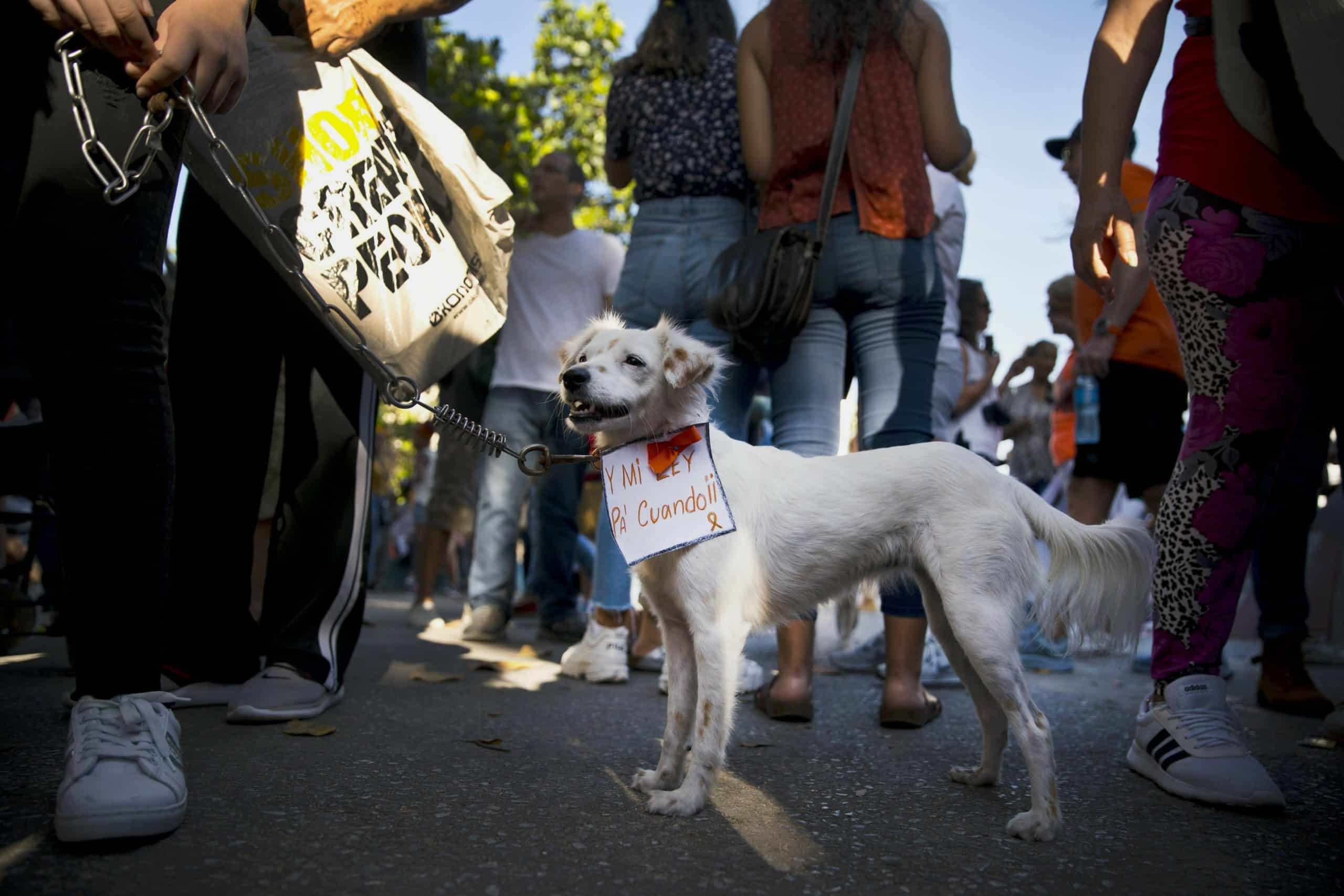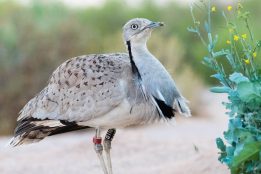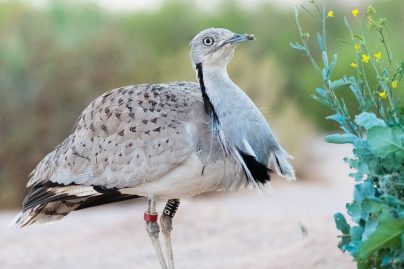Cubans say Adiós to cruelty, as animal rights law cracks down on ‘dog-fight’ scene
Thu 15 Oct 2020
Havana’s streets teem with abandoned animals and are littered with carcasses of chickens sacrificed in religious rituals, while, behind closed doors, dogs are thrown into illegal deadly fights.
But things are changing in Cuba thanks to pressure from a growing middle class, and the island nation will soon pass a law to protect animal rights.
In April, 2019, 500 people marched through Havana to demand a law protecting animals — it was the first independent and non-political demonstration authorised by the one-party state.
A year and a half later, the communist government will next month pass its first law to protect animal rights, in a bid to wrestle the initiative from a movement with the potential to mushroom.
It’s an important step for a civil society marvelling at its demands being translated into law for the first time, and signals a cultural shift on an island of contradictions between tradition and modernity.
Cuba’s streets are full of dogs and cats in a poor state, often abandoned for economic reasons. The lucky ones are picked up by individuals or animal welfare groups who sometimes go hungry to feed them.
The change can in part be attributed to the arrival in 2018 of 3G internet on mobile telephones that has allowed people to mobilise via social media, notably to promote animal rights, and fights against gender-based violence.
The emergence of a middle class due to the development of the private sector since 2010 following Cuba’s opening up to tourism has also contributed.
The new law is on the home straight in the hands of the agriculture ministry.
“The Decree Law will be approved in November … by the State Council and will be ratified by the National Assembly,” said Yisell Socorro, a ministry lawyer.
The aim of the new law is to “guarantee the physical and mental integrity of animals.”
“Respect for animals, the need to avoid mistreatment, abuse, acts of cruelty and above all the realisation that animals are sensitive beings that feel pain and pleasure,” added Socorro.
The national animal welfare committee, meanwhile, is focusing on “an educational process”
“We don’t want to have to punish anyone for cruel or denigrating acts towards animals,” said the committee’s president Maria Gloria Vidal.
While offenders could be hit with fines and even prison sentences, the main aim is to change attitudes because “the science of animal welfare is something new.”
There’s also the issue of confronting a religious tradition of animal sacrifice amongst the Santeria cult — a religion created in Cuba that mixes Catholicism with the Nigerian Yoruba faith brought to the island nation by slaves.
“It would be practically impossible to ban animal sacrifice in Cuba as it’s part of this religion’s rituals,” said Vidal.
“But we can work to guarantee the wellbeing of the animals that are reared and used in these rituals” so that those are “carried out in the quickest, less stressful way possible for the animals.”
It’s not unusual to come across decapitated chickens or pigeons in the streets of Havana as Santeria is the most popular religion on the island.
Depending on which divinity is invoked and the favour sought — such as good health or a child — rams, goats, roosters, pigeons, hutias (a rodent), dogs and cats can all be sacrificed in secret rituals, said Yank Benavente, 38, a Santeria priest known as a babalawo.
However, he insists he would never sacrifice any of his own animals — he owns around 30 doves and two dogs — and takes great care of those he buys for sacrificial purposes.
“I’m incapable of treating them badly, to leave them thirsty or hungry,” he said.
The possibility of giving up the practice is out of the question, though.
“It’s part of culture, religion, I can’t see how the law can influence this.”
Even more controversial is the question of cock and dog fights.
Often organised in secret at out of town locations, these combats to the death between two specially trained animals are often so savage that the victor also succumbs to its injuries.
“Dog combats are totally banned,” said Vidal.
That’s not the case for cock fighting, though. It’s an activity that is so anchored in Cuban culture that the family of late revolutionary hero Fidel Castro owned a fighting ring.
It will remain legal “in very specific cases of associations or organisations, for a competition or an event.”
For one fan, who spoke on condition of anonymity, “in cock-fighting there are rules … which makes it a sport that is nothing like dog fighting.”
Even a dog fighting fan, who also insisted on anonymity, admitted that “watching two dogs fight is not good.”
However, he said he enjoyed the spectacle on which people can place bets worth thousands of dollars, and even risk their homes.
“No-one can stop this, dog fights will go on,” he said defiantly.
Some activists hope the animal rights law will herald change in other areas, such as gay marriage, which is set to be put to a referendum next year.
[Sourced from Agencies]

 Apr 20 2024
Apr 20 2024













